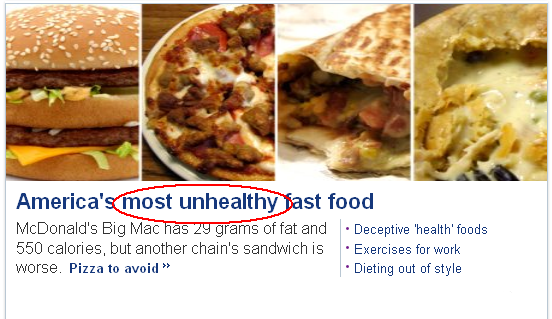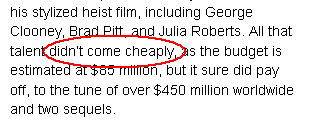I don’t know how they do it! Those creative Hollywood types manage to get a beige coat and knee-high boots to play a Columbia professor:
If I were the cynical type, I might think that sentence is a tad misleading. And full of errors. Fact is, Julianne Moore plays the professor; the coat and boots don’t even have a speaking part in the movie. The boots are actually knee-high and the coat and boots give Julianne her academic look.
To make that sentence somewhat intelligible, you have to get rid of the misplaced modifier (that’s the phrase at the beginning of the sentence) by moving the word it modifies:
Playing a Columbia professor who is diagnosed with early onset Alzheimer’s disease, Julianne gets her academic look from the beige coat and knee-high boots.














